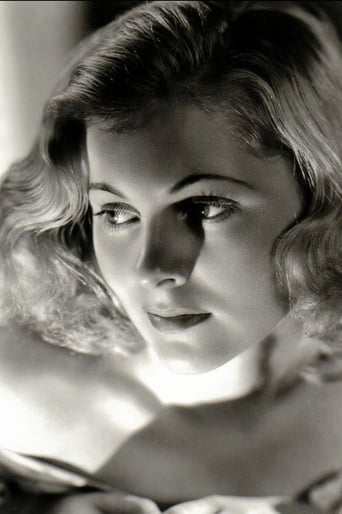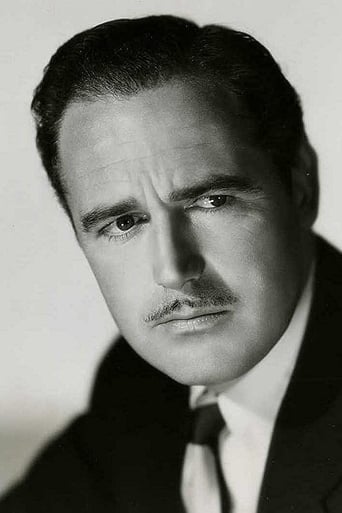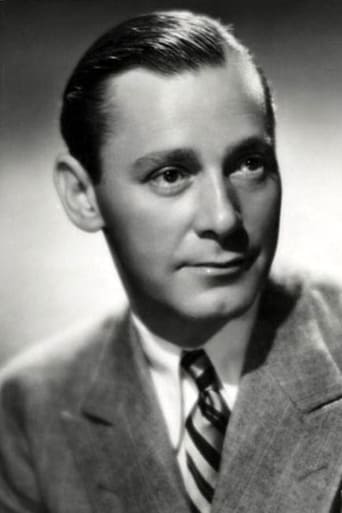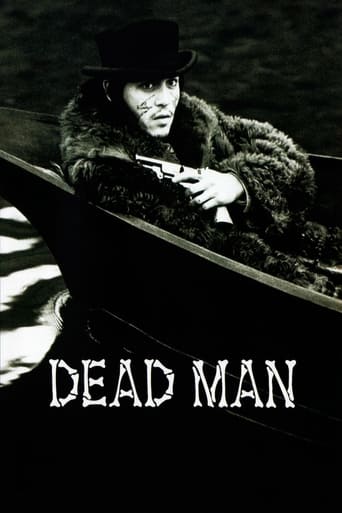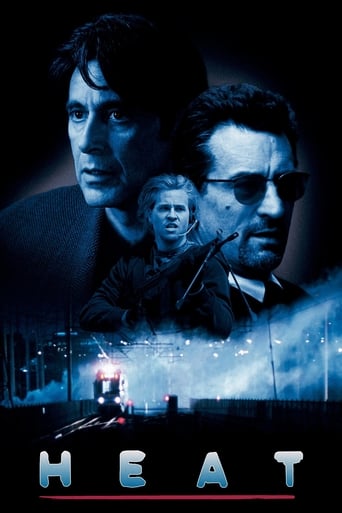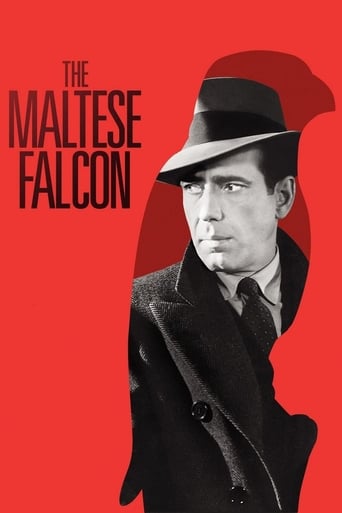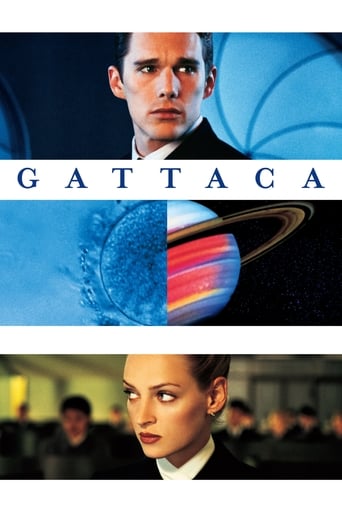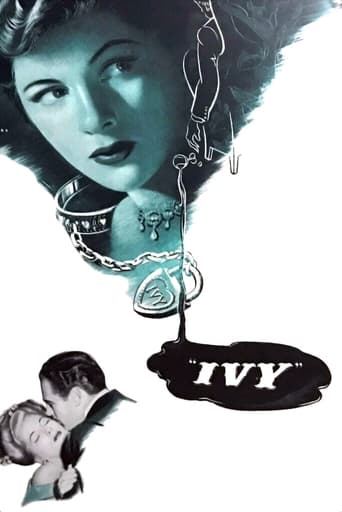

Ivy (1947)
When Ivy, an Edwardian belle, begins to like Miles, a wealthy gentleman, she is unsure of what to do with her husband, Jervis, and her lover, Dr. Roger. She then hatches a plan to get rid of them both.
Watch Trailer
Cast


Similar titles
Reviews
Fantastic!
There is, somehow, an interesting story here, as well as some good acting. There are also some good scenes
I enjoyed watching this film and would recommend other to give it a try , (as I am) but this movie, although enjoyable to watch due to the better than average acting fails to add anything new to its storyline that is all too familiar to these types of movies.
Exactly the movie you think it is, but not the movie you want it to be.
Joan Fontaine has 2 men on the go when she decides to pursue a third – wealthy Herbert Marshall (Rushworth) who doesn't have either looks or age on his side. However, his bank account is most attractive. So, Joan has a problem because she is married to uninspiring Richard Ney (Jervis) and he completely loves her. No divorce on the horizon, there, I'm afraid. She also has a lover – doctor Patric Knowles (Roger). This is convenient because doctors have access to poisons. Do you get the idea? This is a costume drama with a murder plot that Police Inspector Cedric Hardwicke (Orpington) is determined to solve. Fontaine is very good in the lead role and can carry the film on her facial expressions alone. There is a spooky fortune teller Una O'Connor (Matilda) who appears at the beginning of the film to give Fontaine a reading whilst accompanied by a piano playing little man to provide some atmosphere. It's an interesting set-up. Pity it doesn't happen today like that.We have clandestine meetings, a grandfather clock that stops ticking, an expensive purse with a secret compartment and lots of glamour not to mention an abrupt ending that works quite well.
This is one atmospheric and visually dazzling film. The ornate sets capture the mood to perfection, even if they aren't completely accurate. Kudos to the art director. Whoever designed Joan Fontaine's wardrobe also helped the mood, even if they were not historically accurate. Also praiseworthy is the cinematography, which is in stark black-and-white and makes perfect use of light and shadow. Indeed, the film's look in some ways reminds me of the later work of Josef Von Sternberg, while some of the night scenes are like a refined version of German Expressionism. If they had been supported by a great story, this could have been a classic. What they did use was a passable romantic drama which was only mildly interesting. Here, Joan Fontaine plays a Victorian Femme Fatale whose dullard husband doesn't make enough money to keep up with her spendthrift ways. She also has a lover on the side, a doctor whose possessiveness threatens to expose their affair to her husband. She thinks she's found the lavish life she wants when she meets a wealthy bachelor at a sporting event. She convinces him to hire her unemployed husband in the London office and then designs to seduce him. However, he can't bring himself to have an affair with a married woman. What's an unhappily married gold digger to do? Well, she turns Femme Fatale and schemes to get her husband and lover both out of the way, lying and manipulating in the style made familiar by Barbara Stanwick in "Double Indemnity." Interestingly, Joan Fontaine plays her as a mild, seemingly harmless woman, a performance she repeated in "Born To Be Bad" a few years later. Problem is that there are many slow parts and the interest lags, thanks to the talky script. Also hurting is the noisy musical score, which distracts from the mood and suspense. However, it's worthwhile for fans of older movies. I usually enjoyed it.
Miss Fontaine's spectacular gowns were by Travis Banton, not Orry-Kelly, as your credits indicate. A previous commenter mentions that Ivy takes place in the 20s or 30's! This film is most DEFINITELY set in Victorian London, long before the roaring twenties. In any case, this is a dazzling and fascinating film to watch. Fontaine gives a multifaceted performance, and is much better than her sister would have been in the role. Olivia would have given it her usual first ladyish, sexless, to-the-manner-born touch. Joan, however, lets you know that her hold on these men is highly sexual, although no part of her body below her neck is exposed, other than her hands. Hats off to Una O'Connor in her bit as the seer. She is truly eerie and terrifying.
Poor Ivy: Though to the manner born, she had the bad luck to marry a charming wastrel (Richard Ney). As the movie is set in the 20s or 30s, when rigid Victorian ideas of class were starting to fray at the edges, this uncertain status vexes her unduly. The Gretorexes (for so they are called) don't know where their next shilling is coming from but there are yachting parties and fancy-dress balls in posh pleasaunces aplenty to tempt her. When Ivy (Joan Fontaine) makes the acquaintance of a wealthy older gent (Herbert Marshall, who must have been born middle-aged), she sets one of her extravant chapeaux for him. Luckily, one of the beaux she still strings along (Patric Knowles) is a physician whose consulting rooms provide a cache of poison, with which she bids her hubby farewell. The fact that it implicates Knowles doesn't phase her a bit, even as the hours trickle by until he should be hanged by the neck until dead. The turning of the plot depends on police inspector Sir Cedric Hardwicke; Knowles' mother (the redoubtable Lucile Watson); and Knowles' loyal housekeeper (Una O'Connor). Sam Wood adds some subtle touches to this well above average melodrama; Fontaine's luminous face supplies the rest.


